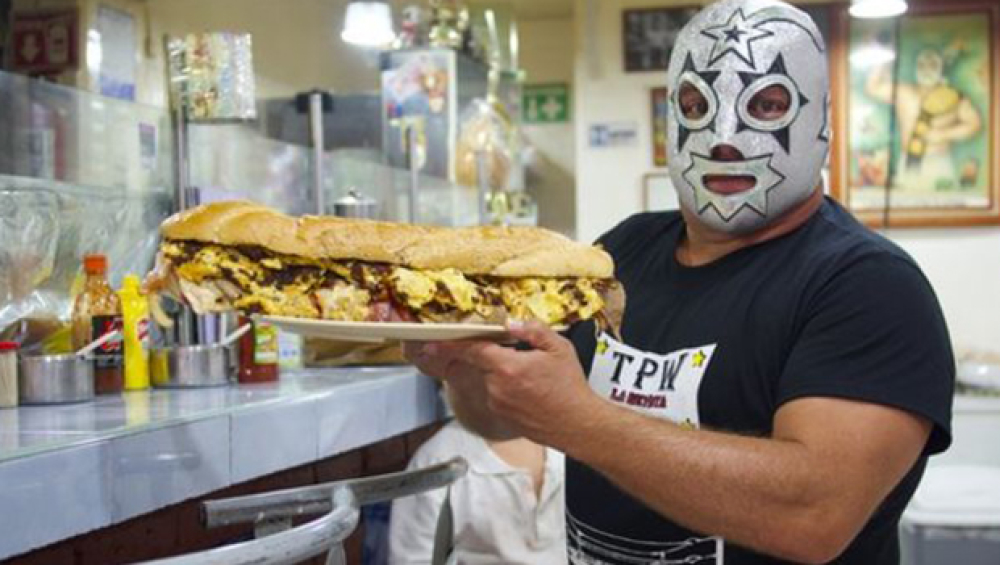Ideas arenât sandwiches, so donât treat them like they are.
25 Aug 2016

With a voice as crusty as last week’s baguette and a head full of heartbreak and misdemeanours that could fill a ‘nut house’, it’s no surprise that buying a sandwich was the starting point for Tom Waits’ dislike of coming to Britain back in the 70s.
I can't remember the filling that caused consternation, but for argument’s sake let’s say he growled and rasped for tuna and sweetcorn on brown, hold the mayo. Hell, Tom’s American.
There’s nothing wrong with his lunchtime request.
The sandwich maker, an expert in everyone's lunch break, (he gets paid for this) knows it's the mayonnaise that makes this particular sandwich special.
With his name above the door and his reputation on the line, the sandwich maker asks Tom if he’s sure. He even explains just why the mayonnaise expulsion would make the sandwich less than perfect.
Tom listens, then explains – he’s not keen on mayo.
‘What about salad cream?’ The sandwich maker tries to compromise on the result without losing the argument.
Tom’s consternation chimes it's first note.
Ordering a sandwich shouldn’t be a battle.
And as the battleground forms over the sandwich counter, the second note occurs to Tom. The debate isn’t about a sandwich. It’s about ownership.
Tom’s doughy-faced nemesis believes he owns the sandwich because he’s the expert, and he’s making the sandwich to the best of his expertise. He knows what’s best for the people.
Tom on the other hand clearly thinks he owns the sandwich for two reasons. He’s paying for it… and he’s eating it. Why eat or pay for an unpreferred sandwich?
This argument goes on in agencies and businesses up and down the country, with a couple of complications thrown in.
There’s more departments and the client isn’t the only one eating the sandwich.
Account Handling believe it’s their client, so they own the brief. Planning departments believe their ownership is written in the stars, because they wrote the brief. And the creatives, through tradition, believe their ownership is through the ideas that answer it.
The agency collectively believes they own the brief because they’re the experts. Their names and reputations are above the door.
The client, like Tom, is paying for this sandwich of creativity. They’re also experts, and have their own reputations that hinge on success. Who owns the idea?
The great sandwich debate has all the ingredients of a bun fight.
It doesn’t have to be this way.
If everyone is working towards the best idea, egos and job roles shouldn't be a part of it.
Then it should be about building ideas together. Collaborating.
I don’t mean in a bullshit buzzword bingo kind of way, where false promises gather dust on some agency homepage.
I mean truly working together, shoulder to shoulder, skype to skype. Using technology and sofas to share skills, creativity and experience.
Lunch has moved on.
It’s not that the sandwich is wrong, it's just, for some people there are better choices out there.
For some of us, advertising and marketing isn’t wrong, we just feel there are better ways to build better ideas that go beyond the roar of the French lion.
And then there are others who are waiting for something to happen, chewing on any sandwich given to them whilst questioning the expertise behind it.
Please login to comment.
Comments